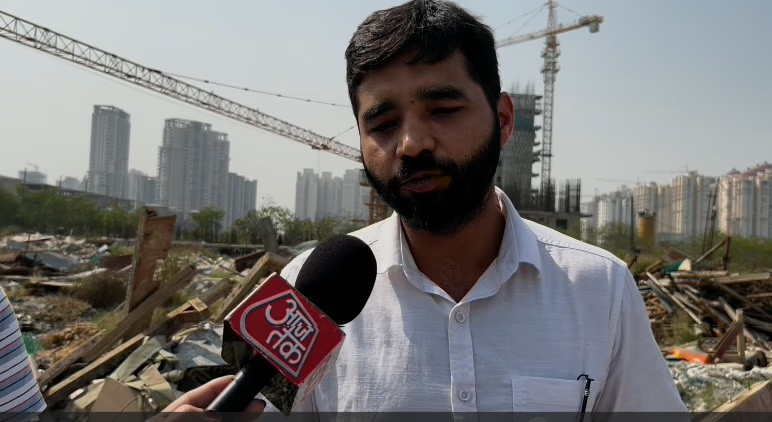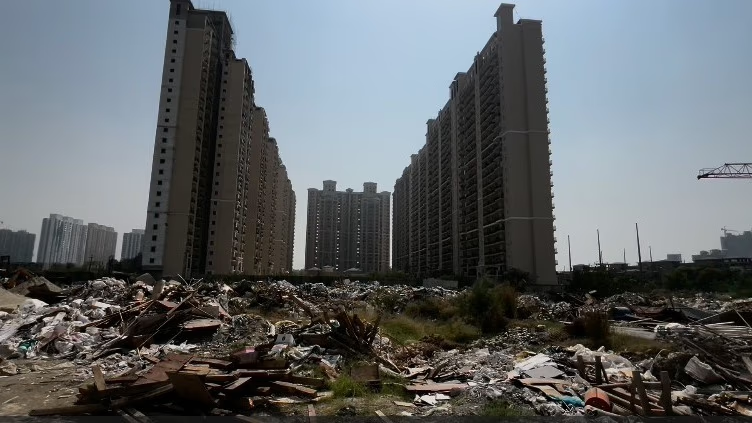Thousands in Delhi-NCR are regretting booking flats. They dreamed of a home, invested their savings, expecting life to ease when they move in, but the dream shattered, turning into a harsh reality. Projects like Supertech EcoVillage 2, Amrapali Dream Valley, Shivalik Homes 2, and ATS Le Grandiose 2 are stuck as builders declared bankruptcy. So, what options do buyers have in such scenarios?
A builder declaring bankruptcy doesn't mean buyers lose all their money. When any company goes bankrupt, the government appoints an officer to oversee its operations.
Hundreds of Projects Stuck in Delhi-NCR
People take home loans from banks, pass the money to builders, but neither get their homes nor their money back. Stuck in EMIs, homebuyers pay for years, regardless of whether they get a house. Hundreds of projects in Delhi-NCR have buyers waiting for a decade or more, with little hope of receiving their homes soon.
Manish, a buyer at ATS Le Grandiose 2, invested his initial career savings into a flat, but has yet to acquire a home. He bought in the area's most expensive project, but a partner dispute led the project to NCLT in 2024. Since then, work has halted, with only new hearing dates given. He mentions that buyers are clueless about where approximately INR 1.5 billion went.

Source: aajtak
Insights from Experts
Property expert Pradeep Mishra told AajTak Digital - When a company enters NCLT, an IRP is appointed first. Buyers must file claims for the payments made, including interest. The IRP assesses company liabilities and decides if the firm can continue. The main aim is usually to revive the company.
Other Developers Complete Incomplete Projects
The IRP represents the company, exploring possibilities to complete the project. If it seems unviable, the project goes into insolvency. Often, if the property's real estate value increases, other developers show interest. They takeover the company, mostly project-based. If a third party takes over a project, they'll complete it, presenting a proposal on how they'll do it along with terms. Approval comes from the Committee of Creditors (COC), which includes homebuyers and other creditors. COC checks the developer's record, granting the project if everything checks out.
However, many buyers complain that the lengthy process extends their wait for a home significantly.




